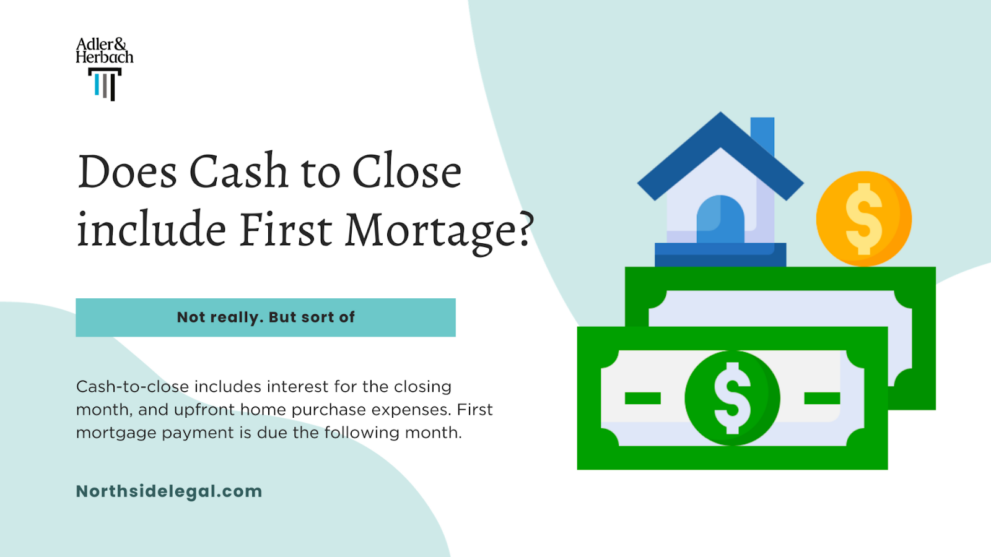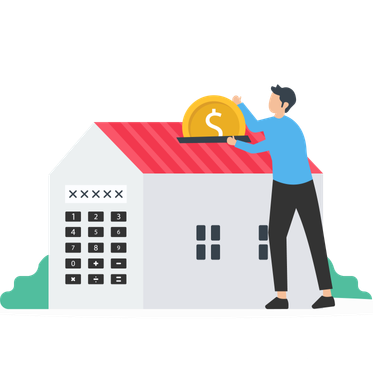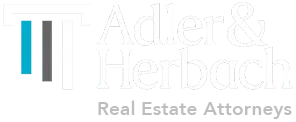If you’re in the process of buying a home, you’ve likely heard the term “cash to close” and wondered what exactly it includes. Specifically, many homebuyers want to know if the cash to close amount covers your first mortgage payment.
Does cash to close include first mortgage payment?
Well, not really, but sort of. While the cash-to-close amount does technically include your first mortgage payment, it just includes the interest due to your lender for the balance of the month in which you close. Your first actual mortgage payment will typically be due the first day of the second month following closing. That first payment will cover the interest amount for the previous month (since interest is paid in arrears) plus an allocation for payment of principal. The interest due for the balance of the month in which you close on your house, however, is included in your cash to close. The cash to close amount also covers upfront expenses of the home purchase.

What is Cash to Close?
“Cash to close” is the total sum required to finalize your house purchase, including the down payment, closing costs like fees and taxes, and prepaid costs like insurance and property taxes. It’s essentially all your upfront expenses that enable you to secure the keys to your new home.
Why is First Mortgage Payment not included in Cash to Close?
The main reason the first mortgage payment is not included in the cash to close is because of the way mortgage payments are structured.
Mortgage payments need to be uniform each month over the loan term. Lenders cannot amortize a partial first month based on the closing date. They also cannot collect interest that has not yet accrued by the closing date.
Instead, lenders collect interest at closing for the balance of the closing month. Then interest starts accruing the first of the month after closing. This means the first full mortgage payment comes due the first of the second month after closing.
Requiring the first payment at closing would disrupt the uniform monthly payment schedule. So lenders exclude it from the cash to close calculations.
Here are some additional reasons why the first payment is left out:
- You don’t officially own the home yet at closing.
- Lenders provide a grace period before the first payment is due.
- Lenders want to verify your cash to close funds, not future payments.
The bottom line is that structuring uniform monthly mortgage payments requires leaving the first payment out of the closing calculations.
How to Estimate Your First Mortgage Payment?
As you budget for the cash to close, you likely want to estimate what your first mortgage payment will be. This helps you plan your finances for after closing.

Here are some tips for estimating your first mortgage payment:
1. Check your Loan Estimate
Your lender is required to provide a Loan Estimate within 3 days of applying for a mortgage. This form shows estimates for your total monthly payment including principal & interest, property taxes, and insurance.
2. Use an online calculator
There are many free online mortgage calculators that allow you to plug in your loan amount, interest rate, and term to estimate payments. Look for calculators that include taxes and insurance estimates.
3. Ask your lender
Your loan officer should be able to provide a detailed first payment estimate. They can factor in exact property tax rates, homeowners insurance costs, and monthly mortgage insurance if applicable.
4. Review your closing disclosure
Your final Closing Disclosure will show your exact loan terms, principal & interest payment, total monthly payment, and when your first payment is due.
5. Save up for future payment increases
Keep in mind your payment may increase annually as property taxes and insurance premiums rise. Budget for potential increases each year.
Check your escrow waiver
If you opt to waive escrow and pay taxes/insurance separately, your monthly payment will be lower but you need to save up for these bills.
Remember PMI and HOA fees
Your total monthly housing costs will include mortgage insurance premiums if your down payment is less than 20%, as well as any homeowners association dues.
With a little preparation and planning, you can estimate your first mortgage payment well in advance so you know what to budget for after your home purchase closes.
To Conclude
Having a solid understanding of what the cash to close does and does not cover will help you plan a stress-free closing. Communicate with your lender so you know exactly how much cash you need. While the first mortgage payment isn’t due immediately, budgeting for it along with other post-closing expenses will help you smoothly transition into homeownership.


